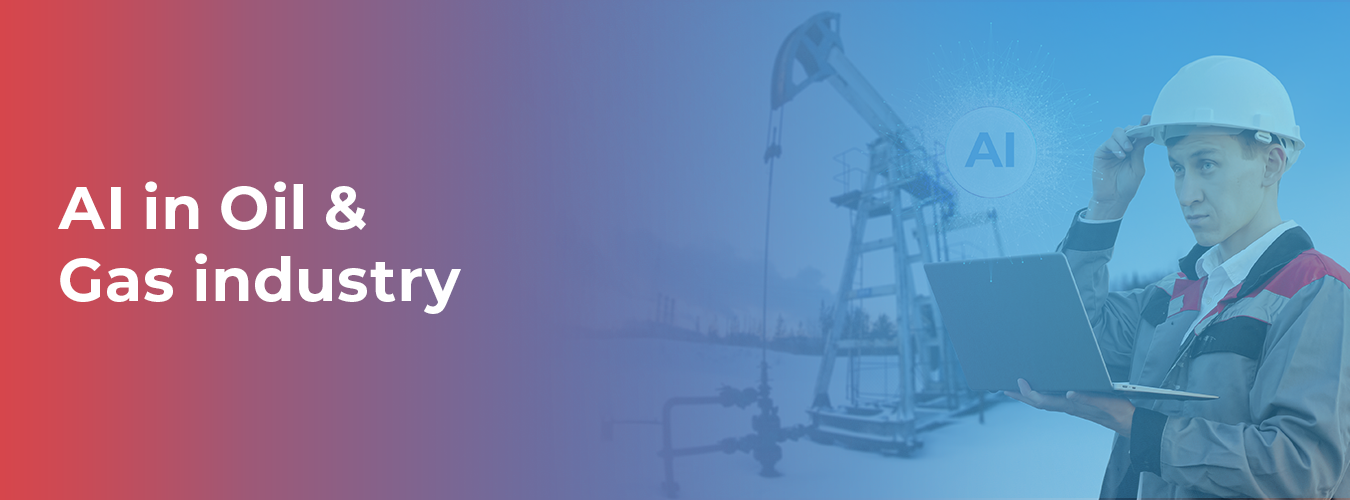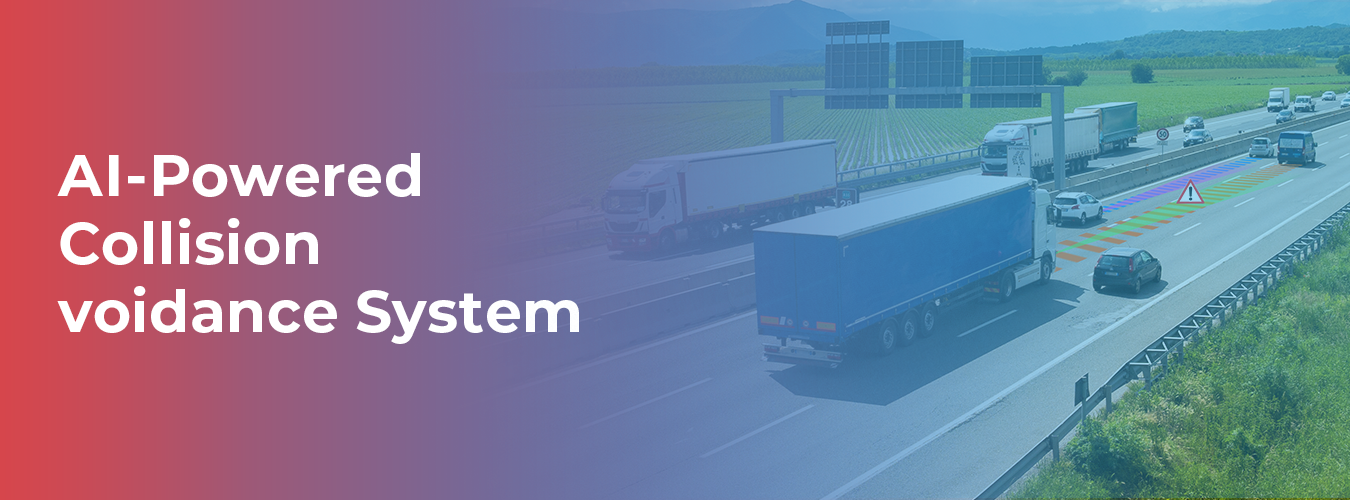In this era, safeguarding sensitive data is essential whether it is for a healthcare provider or even a legal compliance officer. With new rules being applied and enforced, together with the global market’s focus on the compliance of individual’s privacy, the construction and usage of data for healthcare and legal has become increasingly more intricate. One such solution data anonymization provides is powerful as it enables operations to progress while safeguarding privacy and an example for this is Macgence that provides LLM data de-identification services.
The following will elaborate on data anonymization’s de-identification importance, its usefulness in the healthcare sector and for legal compliance, and the required steps to integrate it to your workflows while simultaneously illustrating how Macgence can enhance your data privacy plan.
Construction of LLM data de-identification services.
At its most profound part, LLM data de-identification services is the reconstruction of a dataset by the restriction or alteration of any identifying information about a single entity or individual.
De-identification data ensures individual privacy is preserved at all times, ensuring usability for analysis or research purposes is not compromised and that AI/ML models can be trained without issue.
Importance of Data De-Identification in Healthcare.
Security and privacy in the healthcare sector is a must. There are stringent laws in place to make certain Personal Health Information (PHI) is protected such as the HIPAA Privacy Rule in the United States. Even though being non compliant can have consequences this is where policy compliant LLM data de-identification does have a beneficial impact.
What is the scope of the HIPAA Privacy Rule?
The HIPAA Privacy Rule states that PHI should be made non-identifiable before it is used for any secondary purpose such as research, analytical business purposes, and AI training. The removal of the following applies here:
- Names of patients
- Social security numbers
- Addresses
- Medical record numbers
Macgence’s services guarantee that all sensitive identifiers have been fully anonymized, protecting all attributes of healthcare data sets while ensuring full compliance with their policies.
The Importance of De-Identified Data or Information in the Healthcare Sector
By engaging in the process of de-identifying data, healthcare organizations can:
Enhanced Research: Make use of patient’s information in medical research without breaching their confidentiality.
Streamline Operations: Safely give de-identified means to third parties such as vendors or AI trainers without fear of legal consequences.
Improve Patient Privacy: No unwarranted patient information will be made available to access during cooperation.
For instance, one notable example is when a big hospital company collaborated with Macgence to de-identify its patient records database, enabling them to train new diagnostic models that were compliant with HIPAA standards and subsequently improved patient care while fostering safe progress.
Adhering to the Law and Ensuring Data Safety
Beside the healthcare space, data de-identification has bearing on legal compliance in other industries as well. Various international privacy laws such as the General Data Protection Regulation (GDPR) in Europe and the California Consumer Privacy Act (CCPA) in America require such compliance.
Macgence integrates regional as well as international legal standards including GDPR while working with their LlM data de-identification solution. In this way Macgence excels at data-deidentification while ensuring compliance with the global privacy standards.
Below is how their LLM and the Macgence data de-identification solution ensure compliance with Global Standards.
- Localization:
Every region is aided with Pseudonymization so that it adheres to the legal compliances of that region.
- Audit Transparency:
Detailed documentation is provided by Macgence that enables transparency and accountability and fosters trust.
- Risk Mitigation:
Data breaches are safeguarded against and prevented from happening through the use of sophisticated algorithms and encryption.
A good example would be the legal firm that uses Macgence and the border Frances client records for CCPA and GDPR regulation.
Tips on how to carry out data de-identification

One of the areas that require a strategic approach is data de-identification. Here are several best practices for healthcare providers and compliance officers:
1. Perform Privacy Risk Assessment
Data that is sensitive must be protected and weak spots that could jeopardize a location’s privacy must be pinpointed before de-identification is carried out.
2. Buy T technologies that can adjust with growth
The dataset you handle has to be able to cope along with your organization’s expansion.
3. Use AI Smart Solutions
The de-identification process is automated and this allows for fewer manual mistakes.
4. Supervise and Audit Frequently
Monitor compliance with privacy protocols and audit data to check for efficiency at regular intervals.
5. Engage Experts
Macgence is an example of a vendor that can help you with de-identification in accordance with standards.
Future Trends in Data De-identification
Technological and regulatory changes are reshaping the data privacy space; let’s see what new trends emerge in this new era.
- Advanced AI and Machine Learning
Macgence’s capabilities can increase in future as a result of deeper AI functions allowing greater accuracy and efficiency in data anonymization.
- Real-time Data Stream De-Identification
Real-time de-identification for stream data could revolutionize the highly parallel architecture. When current approaches that focus on batch processing become outdated.
- New Privacy Requirements
In response to public pressure for privacy, firms will require services to comply with changing and expected worldwide regulations.
As a result of such partnerships with experts like Macgence. Organizations will be kept up to date and plans for cybersafety in relation to data will be in place.
Why Select Macgence for Data De-Identification Based on Large Language Modes?
The one element that differentiates Macgence is being the future with its LLM inclusive data de-identification services. Macgence by AI and large language models (LLMs) provide the services of:
High Precision: The removal or covering of identifiers without altering the integrity of the dataset.
Compliance: Solutions that are specifically constructed to satisfy enforcing laws including HIPAA, GDPR or CCPA.
Scalability: Services applicable for large datasets in; for instance, healthcare or legal firms.
AI/ML Model Training Data Processing: This involves cleaning and securing datasets for supervised model training.
Selecting Macgence guarantees organizations with solutions intended for increased effectiveness without compromising privacy.
Macgence assists you in safeguarding your data privacy.
Business data anonymization should not always be considered just as a regulatory necessity, it is also a means of protecting intellectual property, encouraging creativity and enhancing credibility to business partners. Thanks to Macgence’s LLM data anonymization services, you will be able to mitigate privacy issues, adhere to provisions of global laws, and improve your operations in less invasive manners.
Would you like to delve deeper into how Macgence can help you explicitly change how you think about the privacy of your data? Furthermore, speak to our experts today to get started on robust data protection solutions and discover specifically what Macgence can offer you that half a billion others undoubtedly cannot.
Questions Regarding Macgence Services
Ans: – Among many other datasets, Macgence provides de-identification services for healthcare data, legal document data, and customer data, which is chiefly used for research and AI/ML model building.
Ans: – De-identifying datasets takes away the ingredients that are sensitive but retains data to which its analytical potential is not lost. You still can analyse the data without making it vulnerable due to the sensitive data present in the data.
Ans: – When it comes to firms that hold sensitive data and are looking for anonymisation of that data, example businesses include healthcare, legal, financial business, educational institutes, technology firms, etc.
Macgence is a leading AI training data company at the forefront of providing exceptional human-in-the-loop solutions to make AI better. We specialize in offering fully managed AI/ML data solutions, catering to the evolving needs of businesses across industries. With a strong commitment to responsibility and sincerity, we have established ourselves as a trusted partner for organizations seeking advanced automation solutions.




